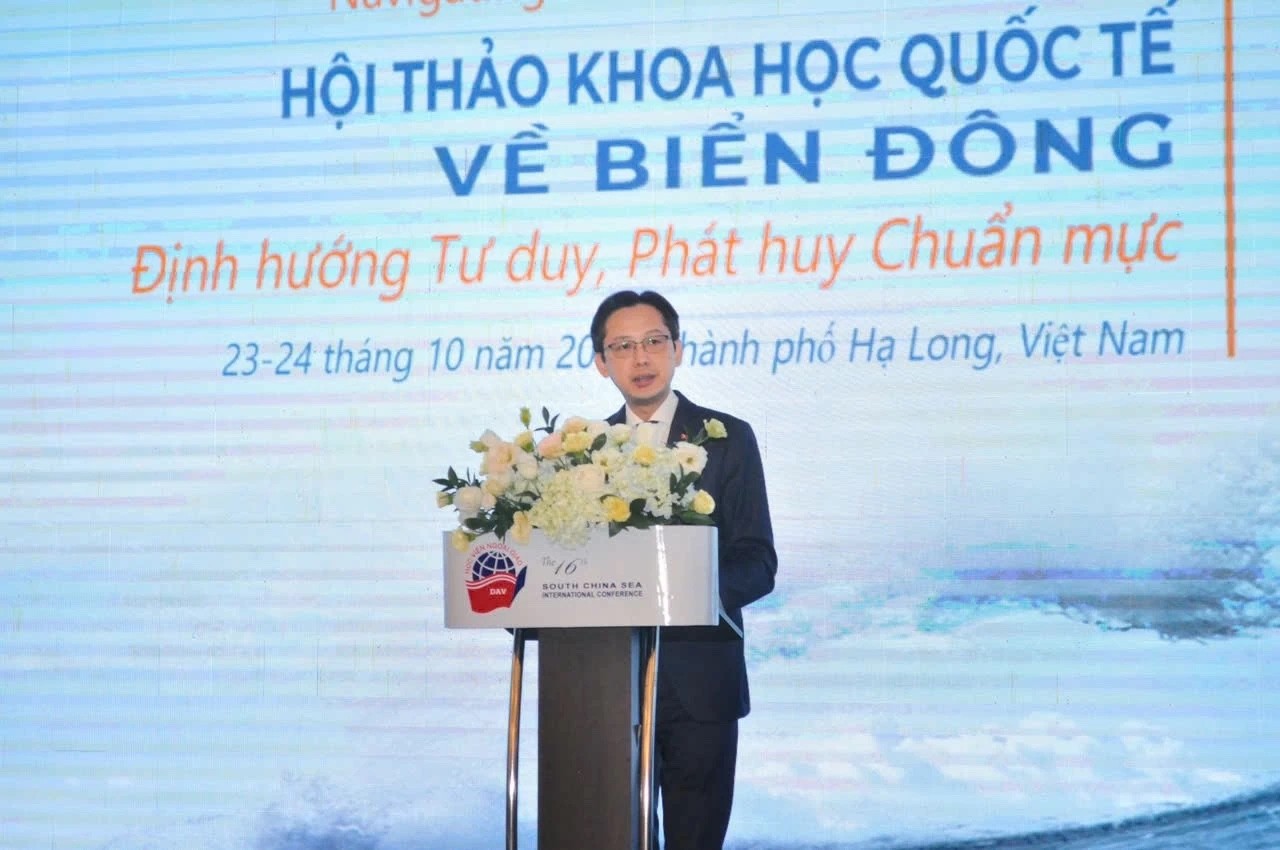International Law and Peaceful Resolution of Disputes in the South China Sea Contribute to Global Peace
With the theme "Indo-Pacific and South China Sea Strategies – View from the Region”, the conference attracted the participation and discussion of experts and researchers from many countries such as Germany, France, Australia, and Japan.
The conference was co-chaired by Prof. Dr. Thomas Engelbert - an expert on the South China Sea at the University of Hamburg and Dr. Gerhard Will, a former expert on the South China Sea at the German Institute of Science and Politics (SWP).
The conference introduced many comments and assessments on the political and security situation in the Indo-Pacific region, with a focus on the South China Sea. At the same time, many solutions were proposed to resolve conflicts and protect the security, peace, and stability in the region.
Speaking at the opening session, Dr. Eve Wilden - Director of the Asia-Africa Institute, University of Hamburg, said that the Indo-Pacific region accounts for more than half of the world's population, and has rich natural resources and many important sea routes. Therefore, it has great significance for global trade and contributes to shaping the world order of the 21st century.
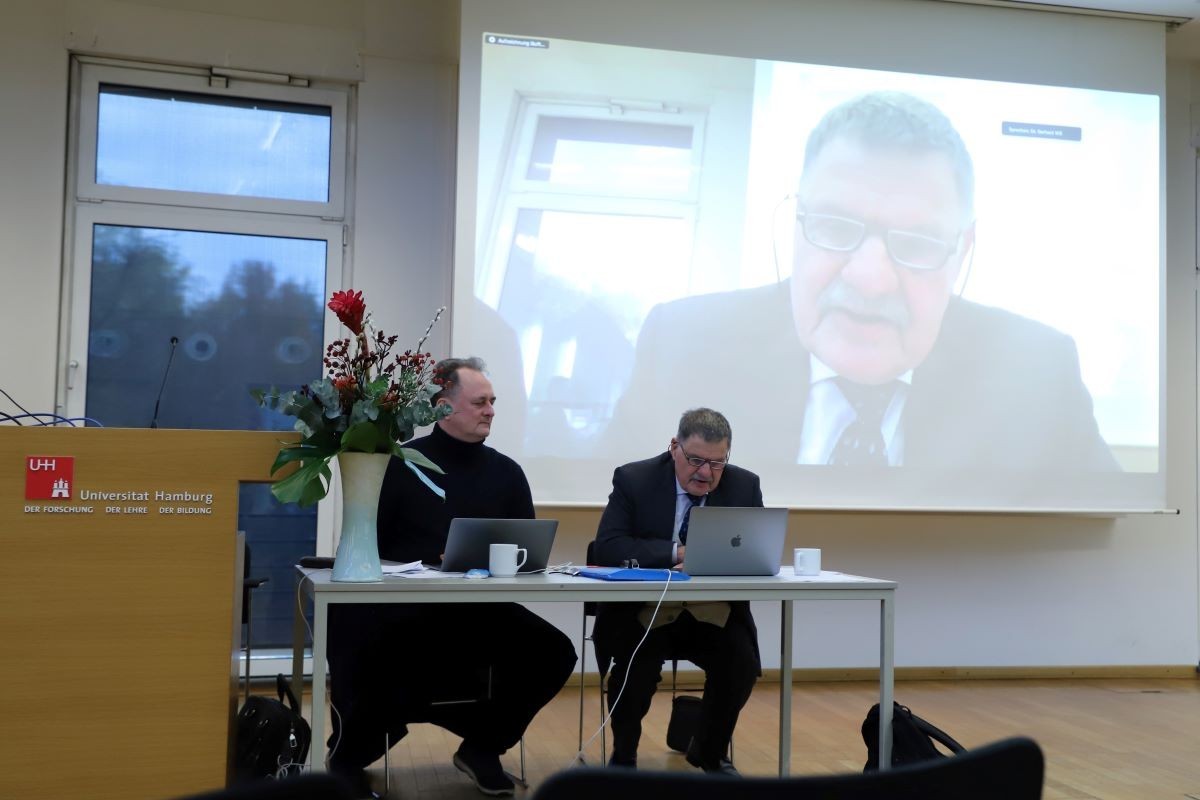 |
| Dr. Gerhard Will (right) and Prof. Dr. Thomas Engelbert co-chaired the workshop with the theme "Indo-Pacific and South China Sea Strategies - View from the Region". (Photo: VNA) |
Recognizing the importance of the region, over the years, major powers including the European Union (EU) and Germany have set out their own Indo-Pacific strategies while enhancing cooperation and presence in the region.
However, persistent conflicts and disputes, especially those in the South China Sea, are not easy to resolve and pose many potential risks of destabilization.
In his speech, Prof. Dr. Thomas Engelbert said that the Indo-Pacific strategies show the views, visions, and major policies of countries towards a region of very dynamic development but also many existing contradictions and disputes.
The situation in the South China Sea has continued to be complicated in recent years. They include the violations of international law, the accelerating militarization of the South China Sea, and the potential risk of direct military clashes at sea.
Meanwhile, the negotiation of a Code of Conduct in the South China Sea (COC) between the Association of Southeast Asian Nations (ASEAN) and China continues to drag on without many breakthroughs. Parties still hold different views and trust has not been promoted.
In the context that the world is facing severe political and security challenges, Prof. Engelbert said that countries in the South China Sea region should refrain from each other, respect international law, and work together to resolve conflicts through peaceful means on the basis of international law, especially United Nations Convention on the Law of the Sea 1982 (UNCLOS), accelerating the COC negotiation process.
Experts attending the conference affirmed that UNCLOS and the 2016 ruling of the PCA Arbitration Court are the most solid and important legal bases for dispute settlement in the South China Sea. Unilateral actions that violate international law, accelerate aggression, use force, or threat to use force against other countries are unacceptable.
According to experts, the best solution for resolving conflicts, and protecting peace, security, and stability in the region as well as in the world must be active negotiation on the basis of international law and mutual respect, taking into account the harmonious interests of the parties, and at the same time promoting trust and strengthening long-term cooperation.
Speaking at the conclusion of the conference, Dr. Gerhard Will assessed recent developments to show that international structures, especially in the political and security spheres, are changing rapidly. Old structures are losing their former meaning and role, while new structures are slowly taking shape.
The Indo-Pacific region is becoming of greater global interest, as evidenced by the enactment of a series of Indo-Pacific strategies in recent years. One of the core conflicts in the region is the South China Sea dispute. Respecting international law and efforts to peacefully resolve these disputes is not only meaningful to the region but also to the whole world.
According to Prof. Engelbert, there are still many issues to be handled and resolved to reach an agreement in the COC negotiation. However, a party still does not recognize UNCLOS as part of the COC as well as the mechanisms for conflict resolution mentioned by UNCLOS. In addition, related countries have not reached a common consensus in the dispute settlement mechanism, even when a dispute occurs by force, instead of a bilateral settlement as of now.
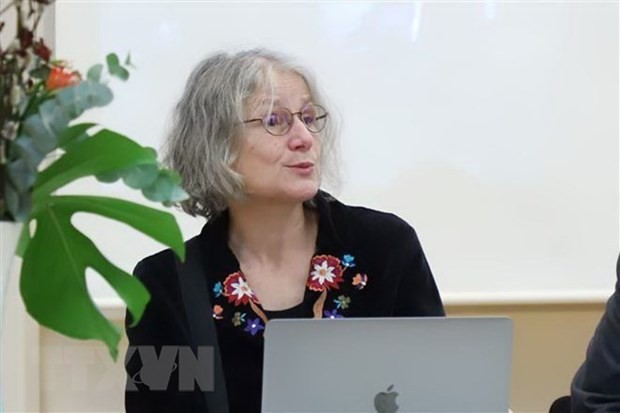 |
| Dr. Eve Wilden, Director of the Asia-Africa Institute, University of Hamburg delivered the opening speech. (Photo: VNA) |
Sharing this view, Dr. Gerhard Will believes that conflicts in the world recently seem to ease the tension in the South China Sea. However, in actuality, there have been no major incidents in the region. Since its inception, the DOC has become the basis for resolving conflicts and avoiding escalation into violence in recent times, but the situation in the South China Sea is still very fragile.
Gerhard Will appreciated that the parties continue to promote the COC negotiation process. He believes that it is important not only to look at the negotiation process but also to consider what has been and is taking place in the field. The esteemed academic also mentioned the possibility of a common agreement and highlighted that such an agreement should be binding in enforcement for the benefit of all parties involved.
Assessing the role of UNCLOS, Dr. Gerhard Will said that the Convention is of great importance, clearly stipulating that all long-term and sustainable solutions must take place on the basis of this convention. The implementation of the contents enshrined in UNCLOS has been clearly stated and relevant parties need to respect and abide by the convention, emphasizing that UNCLOS must be the basis for all solutions in the South China Sea.
Prof. Dr. Hans-Peter Rodenberg, University of Hamburg assessed that the conference once again emphasized that Europe as well as the world is very interested in Southeast Asia and East Asia. This is an opportunity to review what has been happening in the region, both politically and economically, for the mutual benefit of all parties.
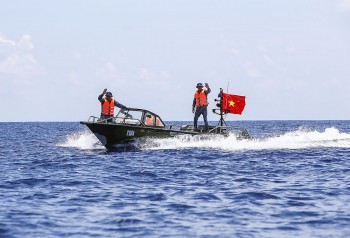 | UNCLOS 1982: Solid Legal Foundation for Vietnam to Protect National Interests On the 40th anniversary of the adoption of the United Nations Convention on the Law of the Sea (UNCLOS) 1982 and the 10th anniversary of ... |
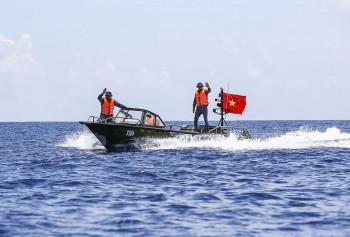 | Upholding Rule of Law: Necessary Measure to Solve South China Sea Issue The South China Sea Arbitration is the legal basis to assert that China's "nine-dash line" claim is completely baseless and illegitimate according to the 1982 ... |
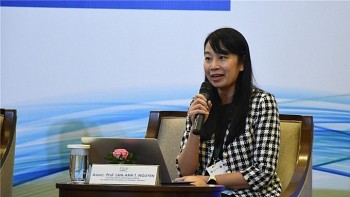 | Vietnam - Responsible Member of 1982 UNCLOS - DAV’s Director of South China Sea Institute Since becoming a signatory to the 1982 UNCLOS, Vietnam has remained a responsible member and has made significant efforts to implement its provisions, according to ... |
Recommended
 Seas and islands
Seas and islands
Celebrating the Lunar New Year on Truong Sa Island
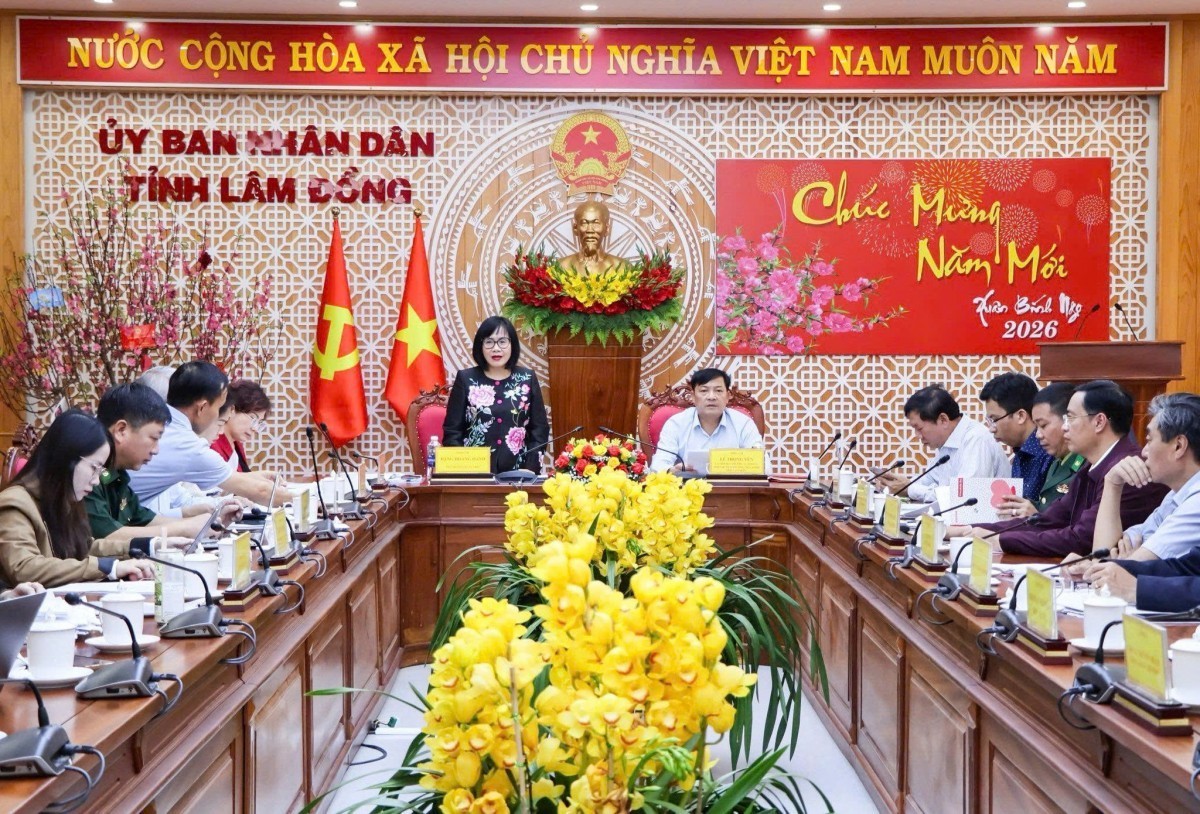 Seas and islands
Seas and islands
Lam Dong Resolves 100% of Fishing Vessels Losing Monitoring Connection in IUU Crackdown
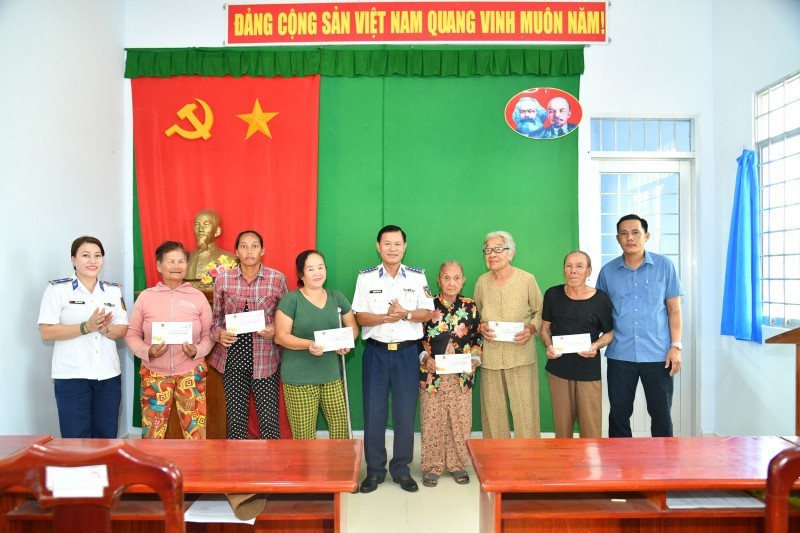 Seas and islands
Seas and islands
Tet Filled with Solidarity Between Army and People on Phu Quoc Island
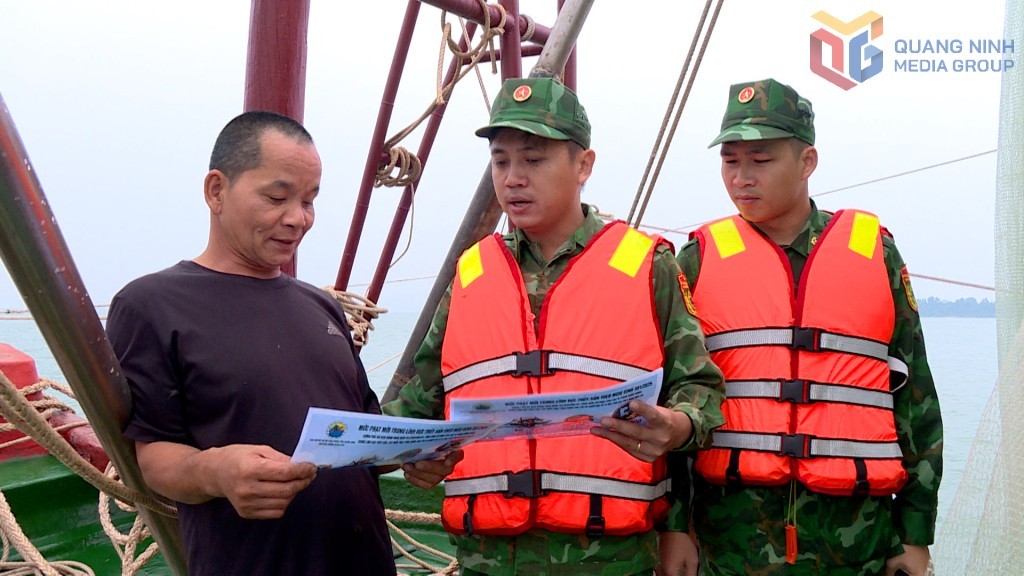 Seas and islands
Seas and islands
Quang Ninh Steps Up IUU Crackdown Toward Sustainable Fisheries
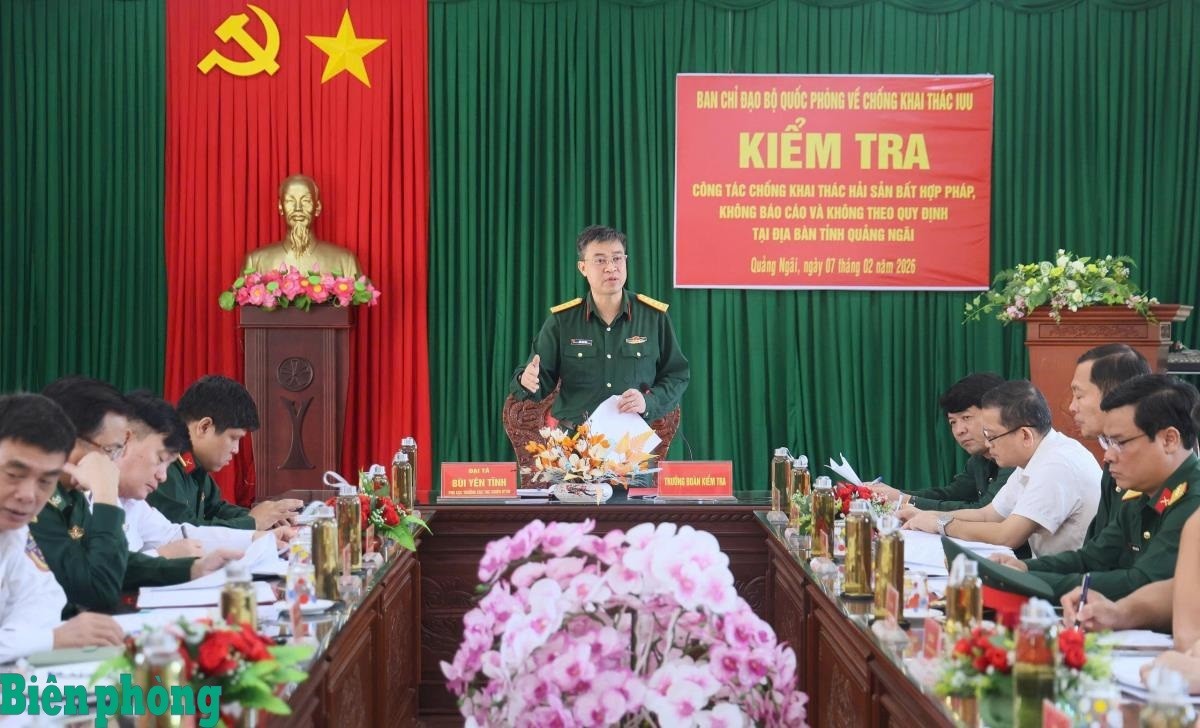 Seas and islands
Seas and islands
Defense Ministry Delegation Inspects IUU Prevention in Quang Ngai
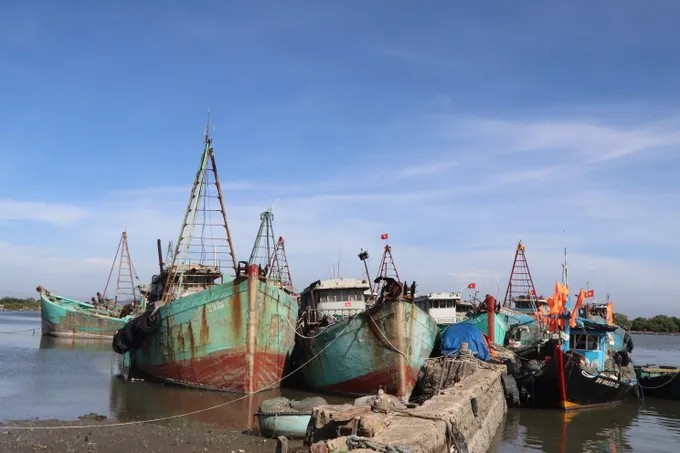 Seas and islands
Seas and islands
Ministry of Science and Technology Reviews Tech Infrastructure to Combat IUU Fishing in Ho Chi Minh City
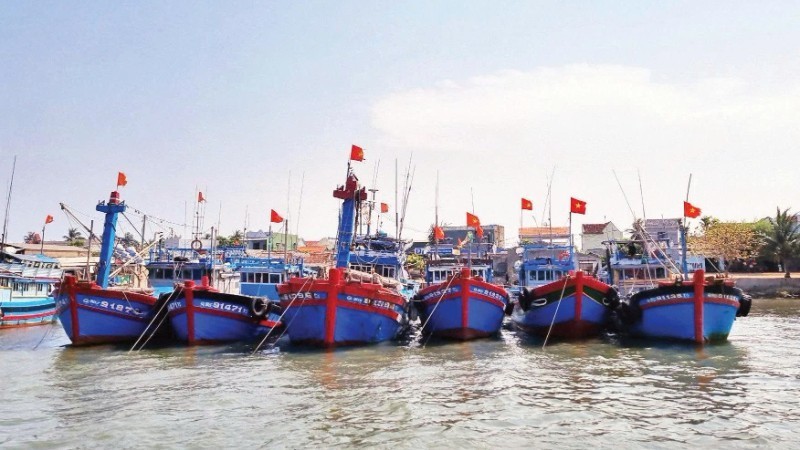 Seas and islands
Seas and islands
Quang Tri Advances Sustainable Fisheries Through Fishing Vessel Conversion Plan
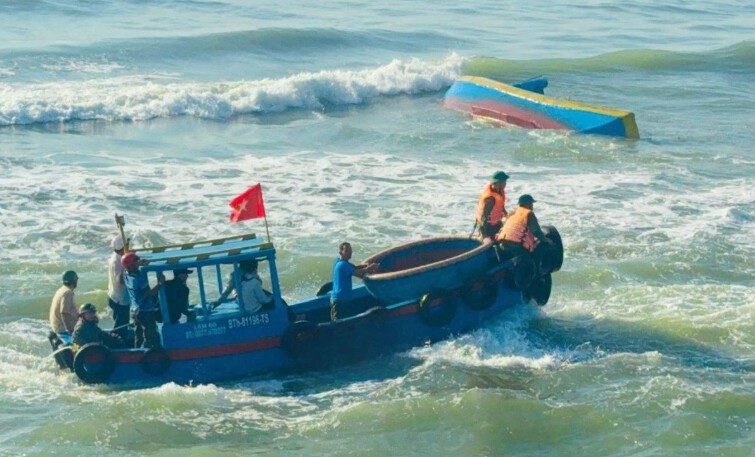 Seas and islands
Seas and islands


